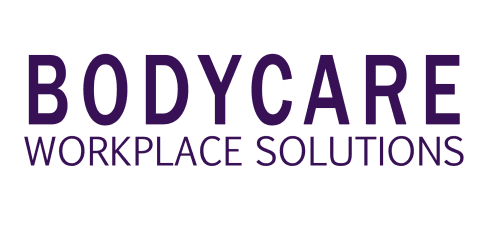Employer Obligations with Pre Employment Screening

In recent years, pre-employment screening has become more and more popular as organisations are now more focused on job matching than ever before. Finding the right candidate, for the right role has become crucial as organisations look for ways to reduce employee turnover and improve employee engagement and retention.
As part of the recruitment process, employers generally want to ensure that a potential employee is honest, trustworthy and has the right skills for the role they are looking to fill. However, they are also looking to ensure that the potential candidate is able to perform the inherent requirements of the role. When conducting pre-employment screening there are a number of obligations that an employer needs to take into consideration.
Disclosure & Consent
First and foremost, consent from the candidate must always be obtained prior to any type of assessment taking place. The candidate should be informed as to why their information is being collected and clearly notified as to who will have access to the information they share as part of the assessment process.
As part of the consent process, it is highly important to clearly disclose all parties who will have access to the information collected so that the candidate is fully aware before they provide consent. If your organisation doesn’t clearly disclose all parties, you may be breaching the candidate’s rights under the privacy act and or medical records act.
Discrimination
The grounds on which it is unlawful to discriminate against a person include race, ethnic origin, sex, marital status, age, transgender, non-specific gender, pregnancy and physical or intellectual disability. It is important when completing pre-employment assessments to test a potential candidate for conditions or disabilities that would directly impact their ability to perform the inherent requirements of the role.
Employers cannot exclude a potential candidate based on a disability that doesn’t prevent them from fulfilling the “inherent requirements” of the job. Testing should be adjusted to accommodate a candidate’s disabilities where possible.
It’s important to remember that pre-employment assessments are not general health check-ups, they are a tool to assess whether or not a person can complete the inherent requirements of the role and must only test for conditions or disabilities that would directly impact the candidate’s ability to perform the role.
Confidentiality
As part of the assessment process, it’s important that the candidate is advised as to where they can obtain a copy of the assessment results. The organisation must ensure that all information gathered is treated with strict confidentiality and only shared with parties that have been given consent. Generally speaking, all medical records and results must be kept completely confidential to comply with legislation ie The Privacy Act 1988 (Cth).
Need help getting started with pre-employment screening and assessments? Bodycare offers a variety of screening solutions to help your company make better-informed hiring decisions.


